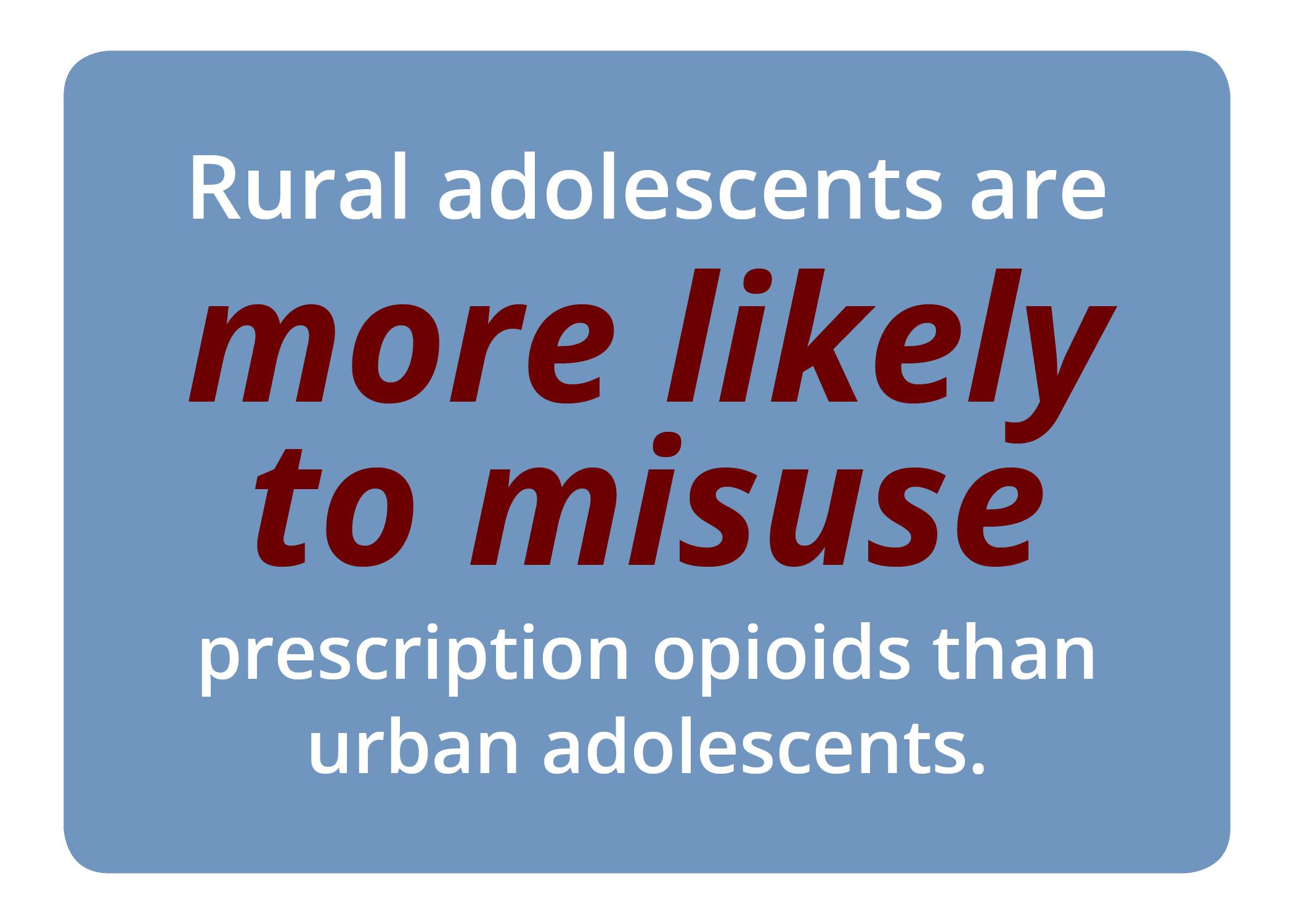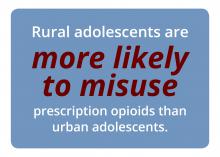Information Possibly Outdated
The information presented on this page was originally released on November 4, 2019. It may not be outdated, but please search our site for more current information. If you plan to quote or reference this information in a publication, please check with the Extension specialist or author before proceeding.
Resources help young people in mental health struggles
STARKVILLE, Miss. -- The teen years have challenged every generation, but resources and concerned adults are available to help today’s young people avoid dangers, including suicide.
Alisha Hardman, assistant professor in the Mississippi State University School of Human Sciences, said mental health problems or crises are common and may impede teens’ positive development.
“One in five teens ages 13 to 18 experience severe mental health disorders each year,” said Hardman, who is also an MSU Extension Service family life specialist. “There may be other teens struggling with mental health problems who have not been diagnosed.”
Mental health problems often develop during adolescence, and half of all chronic mental illness begins by the age of 14.
“Given how common mental health problems are among young people, it is important to seek assistance for them and their families when they may be experiencing a mental health problem or crisis,” she said.
Signs and behaviors indicating a young person may be struggling with a mental health problem include a marked fall in school performance, severe worry or anxiety, marked changes in sleeping or eating habits, and extreme difficulties in concentrating.
Hardman cautioned that some of these signs are similar to changes that occur during typical adolescent development. It is important to consider signs collectively and determine if they represent a rapid change in the young person.
Other signs of trouble include prolonged depression and thoughts of death, severe mood swings, anxieties that get in the way of daily life, and repeated use of alcohol or drugs.
“Anything that interferes with a young person’s ability to ‘live, laugh, love or learn’ could indicate a teen is struggling with a mental health problem,” Hardman said.
The MSU Extension Service is helping address suicide risk and mental health challenges in Mississippi with the PROMISE initiative, a grant-funded, multilevel approach that brings together a variety of team players.
PROMISE stands for Preventing Opioid Misuse In the SouthEast. It is an initiative formed through a cooperative agreement between MSU Extension and the U.S. Department of Agriculture and the Substance Abuse and Mental Health Services Administration.
MSU Extension joined forces with the Mississippi Department of Mental Health’s StandUp MS campaign to help young people. Research indicates an increased incidence of prescription opioid misuse among rural youth, so efforts were made to train rural healthcare providers to implement prevention services for agricultural producers and their families through a partnership with AgriSafe.
A fundamental component of this phase was educating Extension agents and 4-H volunteers in mental health first aid. To date, 142 Extension agents have received this training, developed by the National Center for Behavioral Health and the Missouri Department of Mental Health.
This Mental Health First Aid program is designed to teach parents, family members, caregivers, teachers, school staff, peers, neighbors, and health and human services workers how to help adolescents who are in crisis or experiencing addictions or mental health challenges.
“Youth Mental Health First Aid is primarily designed for adults who regularly interact with young people,” Hardman said. “The course introduces common mental health challenges for youth, reviews typical adolescent development, and teaches a five-step action plan for how to help young people in both crisis and noncrisis situations.”
Anyone struggling with a mental health challenge is encouraged to contact the Mississippi Department of Mental Health Helpline at 877-210-8513. Anyone interested in receiving the Mental Health First Aid training should contact Mary Nelson Robertson at 662-325-3200.



